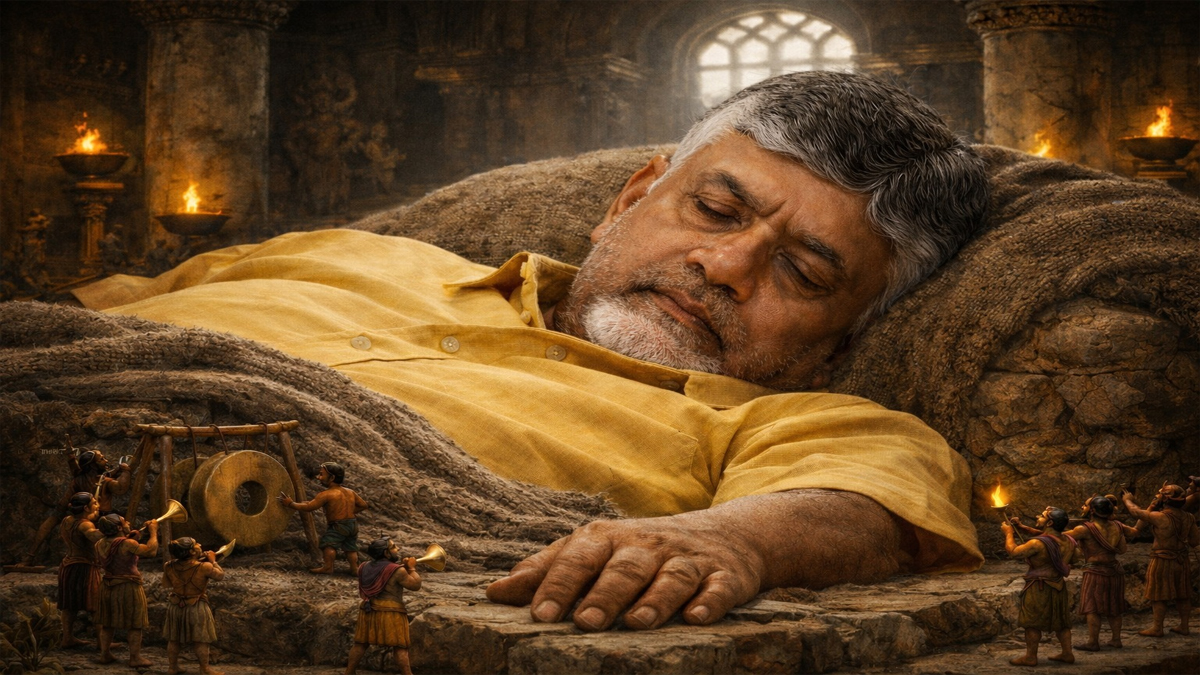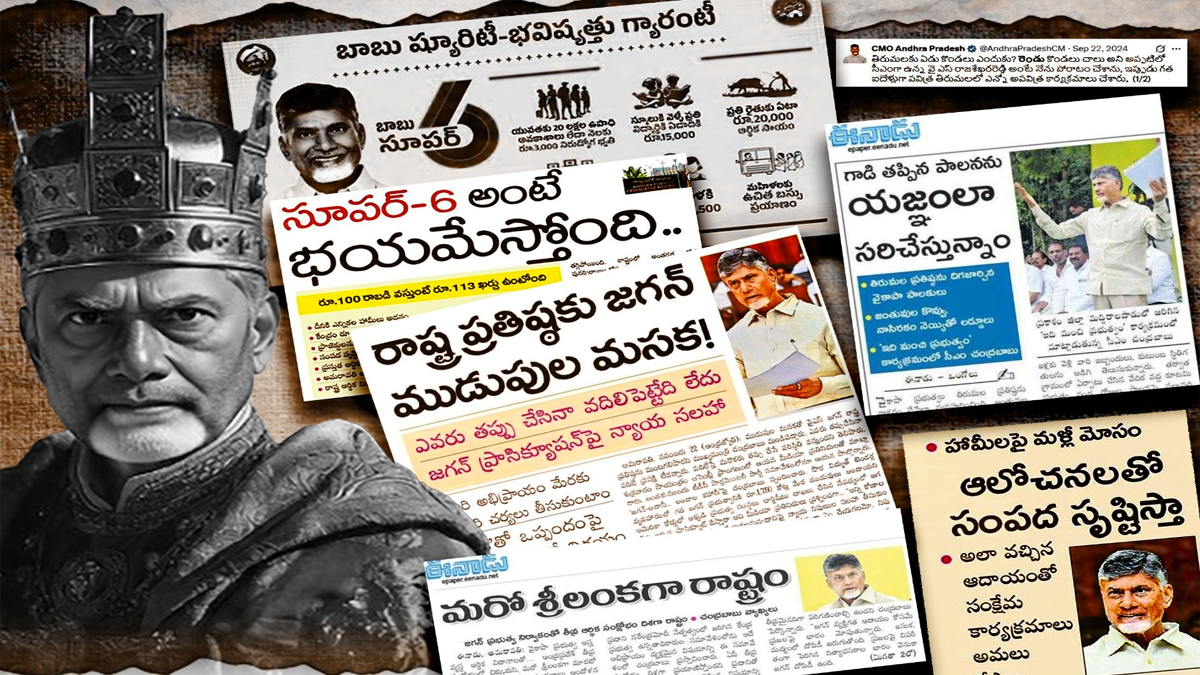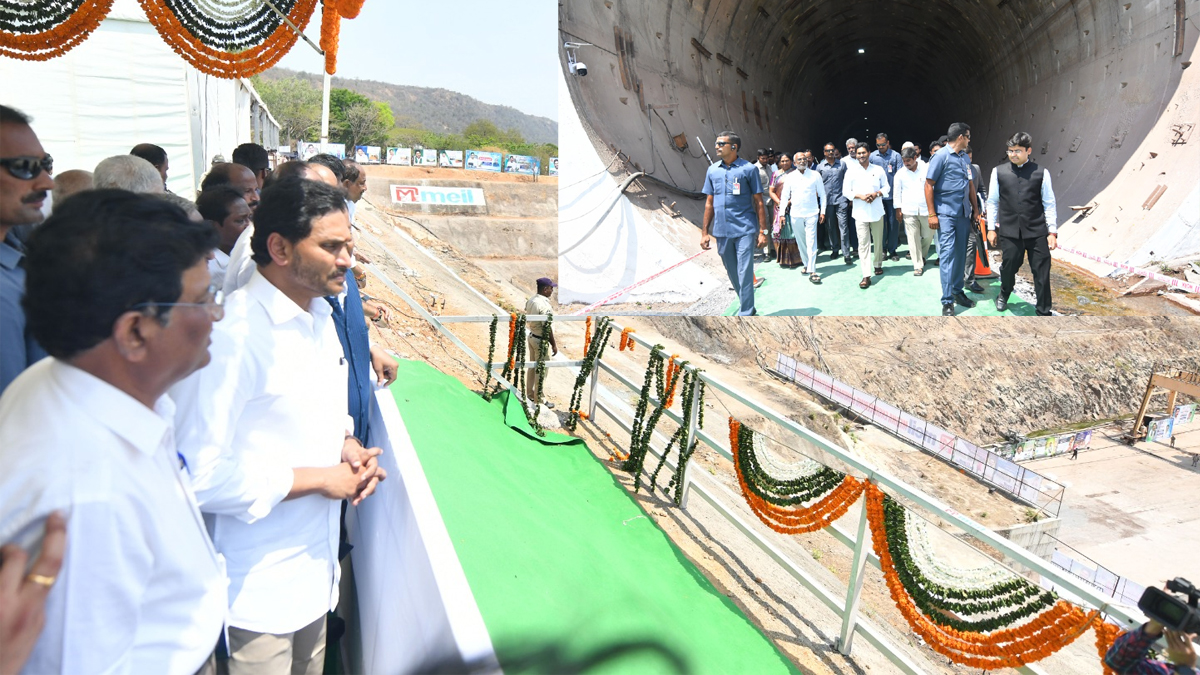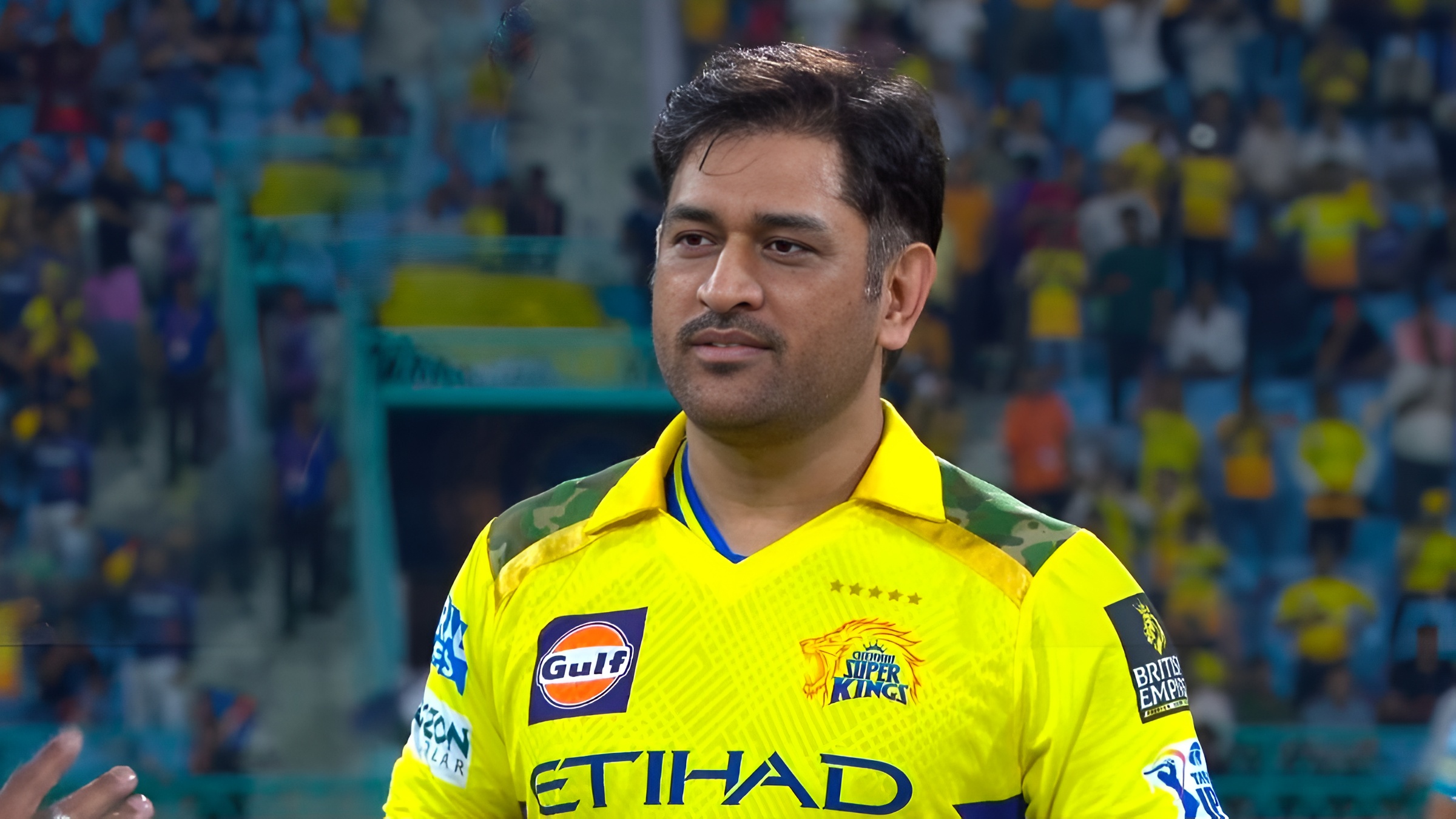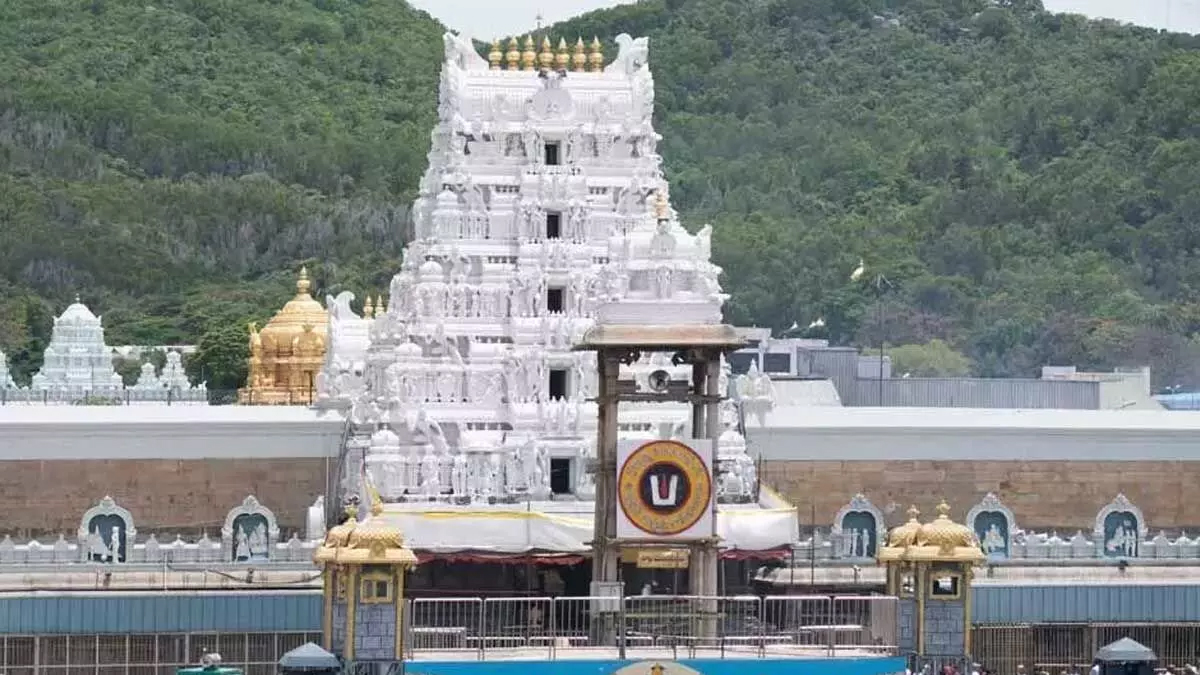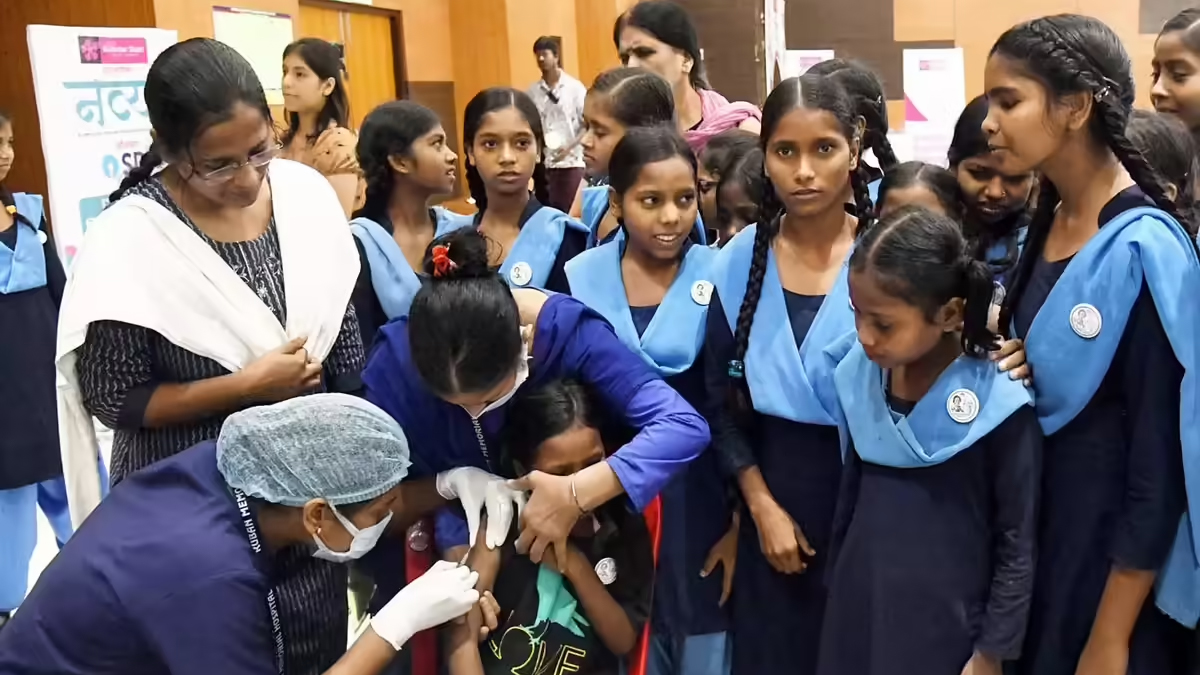When a filmmaker known for soft, heartwarming tales of love and youth takes a plunge into the world of crime, corruption, and ambition, expectations soar—and so do doubts. But with Kuberaa, Sekhar Kammula silences skeptics and delivers a film that is both a surprising detour and a natural evolution. Backed by a powerful cast and a pulsing score, this socio-political crime drama is nothing short of a compelling cinematic journey.
Plot & Direction: The Rise of a Beggar to the Throne
At the heart of Kuberaa lies the transformation of Deva (Dhanush), a destitute street beggar whose life is shaped by survival, suffering, and circumstance. But as fate weaves him into the underbelly of politics, finance, and crime, Deva rises—first with fear, then with fury.
Sekhar Kammula crafts this story with a surprisingly gritty hand, far from his signature warmth of Fidaa or Love Story. The emotional undertones remain, but here, they’re wrapped in the rawness of slums, the glass towers of corrupt corporates, and the cold corridors of political power. This isn’t a fairytale; it’s a hard-hitting parable. And Kammula handles the leap with unexpected control.
Performances: Where the Film Truly Shines
Dhanush, as Deva, is a revelation—even for a star already known for his intensity. His eyes speak volumes, and his transformation from ragged survivor to calculating kingpin is performed with nuance and fire. Social media has already declared it one of his career-best performances, and rightly so.
Nagarjuna plays Deepak, a CBI officer whose ethics are tested in the grey zones of power. The veteran actor brings poise, experience, and emotional depth to a layered role that serves as the story’s moral axis.
Rashmika Mandanna, as Sameera, isn’t a token love interest but a woman with her own dreams, fears, and influence on the protagonist’s choices. She is heartfelt, grounded, and connects emotionally with the audience.
Jim Sarbh, with his icy screen presence, is perfectly cast as the smooth-talking but ruthless capitalist antagonist—an avatar of modern power and exploitation.
Music, Visuals & Storytelling Style
Devi Sri Prasad’s soundtrack is arresting but never overpowering. Tracks like “Poyiraa Mama” and “Anaganaga Kadha” reflect the emotional highs and lows of the characters. More importantly, his background score breathes tension into the narrative, especially during Deva’s turning points.
Cinematographer Niketh Bommi captures contrasts with elegance—from neon-lit financial towers to murky government offices and sunburnt alleyways of urban poverty.
Kammula’s Signature, Reinvented
Known for his poetic realism and coming-of-age dramas, Sekhar Kammula dares to pivot. Kuberaa is not devoid of his classic emotional layering, but it is soaked in the grit of ambition, the poison of corruption, and the haunting silence of conscience. The film marks his entry into socio-political thrillers—a genre where he retains his soul, yet paints with darker hues.
Reception: Applause & Ambition
Upon release on June 20, 2025, Kuberaa opened strong with an estimated ₹15–16 crore on Day 1 across India. Early reviews and audience buzz—particularly in South India—have been positive but the duration nearly 184 minutes (3+ hours), the film feels stretched, especially in the second half. Certain subplots, particularly around corporate politics and backstories, feel over-explained or dragged out, reducing the film’s overall pace and impact.
Dhanush’s surprise theater visit with his son added to the film’s celebratory mood. Internationally, the film’s multi-language release (Tamil, Telugu, Hindi, Kannada, Malayalam) and its impending OTT debut on Amazon Prime have built curiosity, especially among diaspora audiences.
The Verdict:
Kuberaa isn’t just a film about the rise of a man; it’s a meditation on what it costs to rise at all. It is a film about hunger—for food, dignity, power—and the price we pay to satisfy it. It’s Sekhar Kammula’s most ambitious work yet, one that pushes his comfort zone and emerges triumphant.


